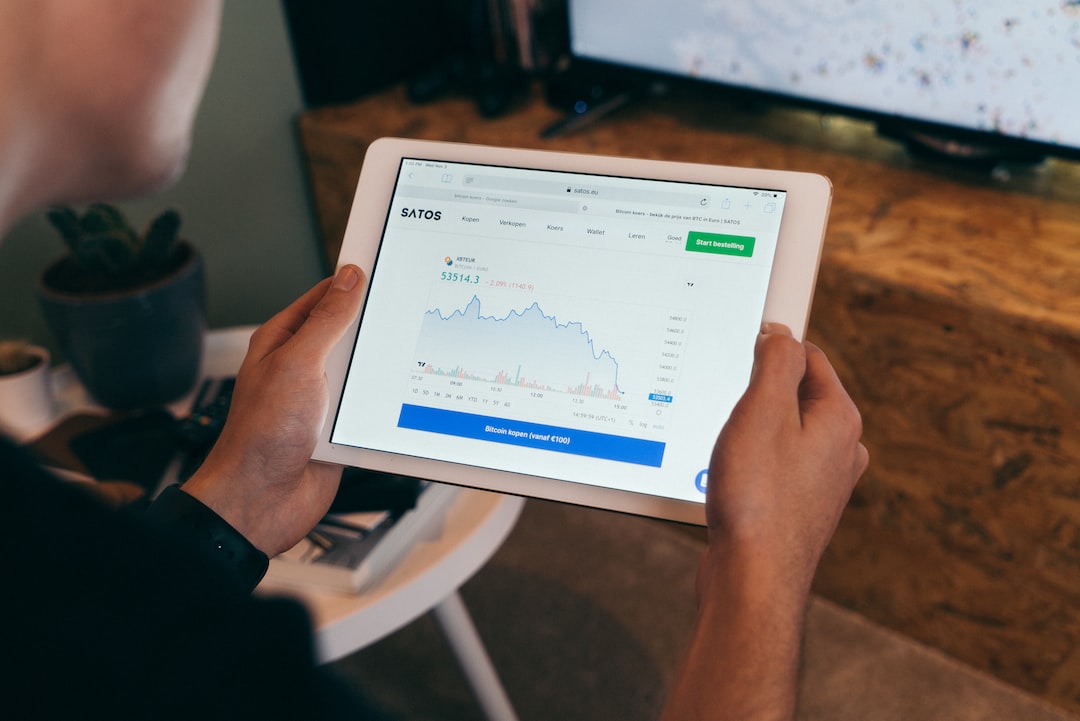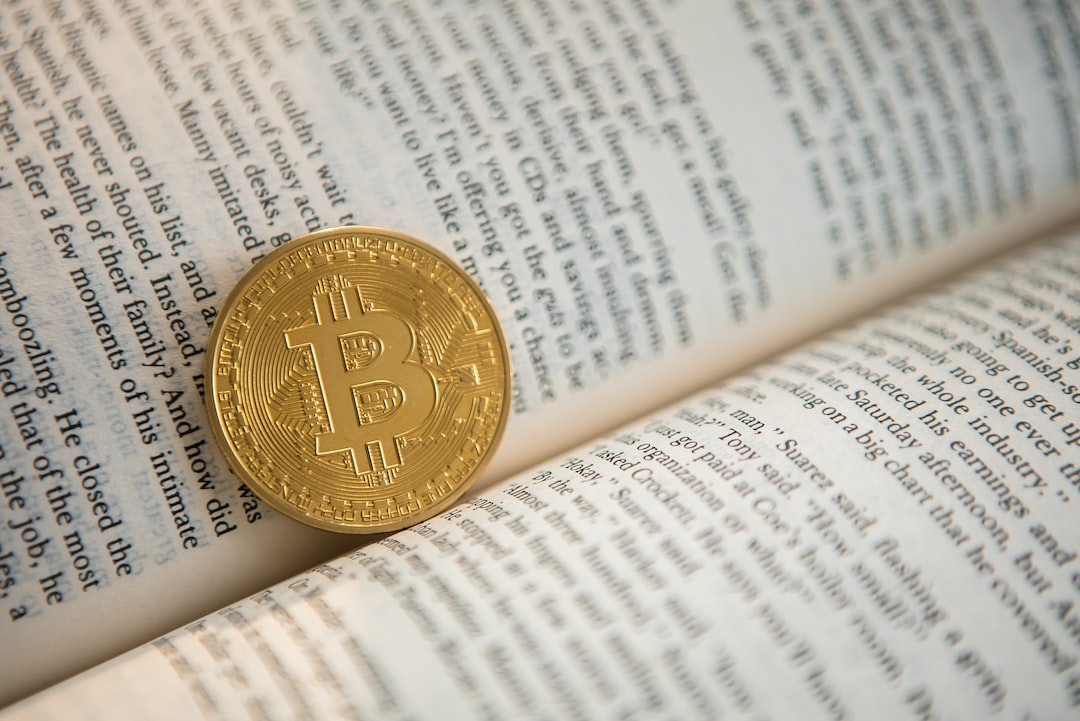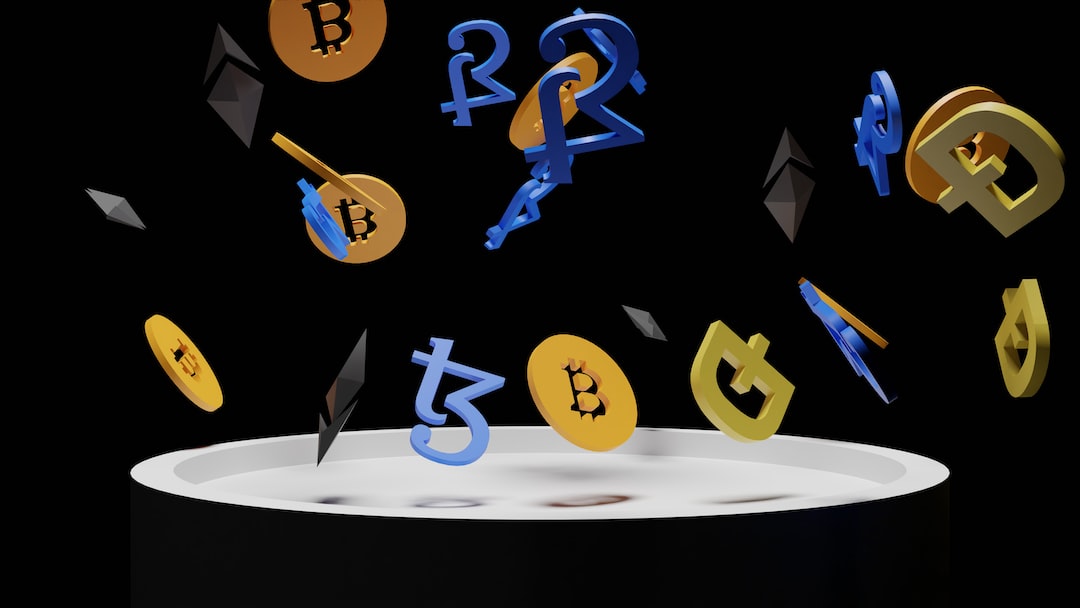The Impact of AI on Artistic Creativity
The emergence of generative artificial intelligence (AI) has provided new tools for artists to understand and visualize the world. Companies like Meta and OpenAI have introduced AI video, image, and text-to-image generating capabilities. However, incorporating these tools into artistic workflows while maintaining a unique vision can be challenging.
Artist Spotlight: Tina Marinaki
Tina Marinaki, a Greek architect based in New York, has successfully integrated AI tools into her creative work. Through her project “Athens Surreal,” she reimagines the ancient Athenian cityscape using AI. With nearly 20,000 followers on Instagram, Marinaki has built an online community around her AI-generated art.
Technical Challenges
Marinaki acknowledges the difficulties of working with text-to-image AI systems. Translating image descriptions into AI communication can yield different results based on word selection and order. Additionally, algorithmic biases may result in the creation of racist or stereotypical images.
The Role of Culture in AI
Marinaki’s work focuses on translating aspects of Greek culture into AI systems. She believes that although generated by machines, the results are driven by human imagination. Her architectural background helps her select and reinterpret spatial landmarks and ordinary scenes that reflect Greek culture.
Past Meets Future
Greece serves as an example of a place that preserves its past while embracing technological advancements. Marinaki sees technology as a tool to recreate and preserve traces of the past. However, she emphasizes the need for a healthy relationship with AI and regulatory frameworks to address issues like propaganda politics, fake news, intellectual property piracy, and algorithmic bias.
Hot Take: The Intersection of AI and Art
AI’s impact on the art world is undeniable, offering new possibilities for creativity and expression. However, artists must navigate the challenges of incorporating AI tools while preserving their unique vision. Marinaki’s work demonstrates how AI can be used to reimagine and reinterpret cultural landmarks, but it also highlights the importance of human input in teaching machines about subjective aspects of culture. As AI continues to advance, it is crucial to establish ethical guidelines and regulations to ensure its responsible use.





 By
By
 By
By
 By
By

 By
By
 By
By